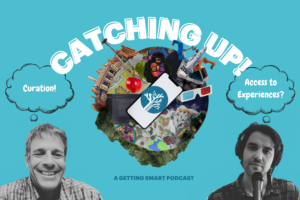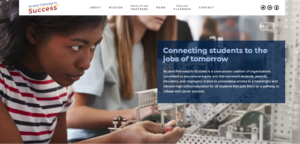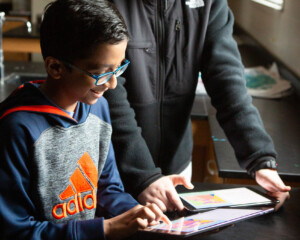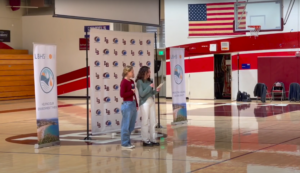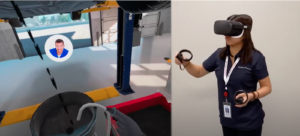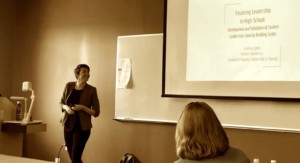Mind the Artificial Intelligence Gap
Educators do not need more data. Educators need usable data and the AI solutions that use data as it currently exists, rather than how we imagine it to be.
Reflecting on the 2021-2022 School Year
Kyle Wagner shares three reflective activities to start the new school year off right.
Why Your Students Need a Manifesto
Students today can benefit from having a personal manifesto, which is a statement of purpose and a script for action to anchor you in your values when you’re faced with dilemmas. Educators can help students create their personal manifesto with a flexible series of exercises, which can then be shared with a larger group to deepen their understanding of each other.
North Star Goal: Every Learner on a Personalized Pathway
Recent policies, commitments and initiatives at the state and national level are paving the way for new, effective pathways to skillful employment.
Context Matters: The Why and How of Building Context into School-Based Research
A district’s edtech implementation context has a huge influence on whether edtech tools are effective, but researchers rarely take contextual factors into account in any systematic way. The Edtech Context Inventory (CI), a validated survey from the Edtech Evidence Exchange, helps district teams measure their implementation context so they have evidence to make edtech decisions.
Laguna Beach High School Gets in the FLOW of Environmental Literacy
This chronicles one high school’s creative and innovative approach to addressing local environmental problems and establishing a school wide, cross-curricular approach.
Mind Reading With Neurofeedback: What’s Next In Wellness
Mason Pashia and Rebecca Midles explore the rise of Neurofeedback technology and its implications on wellness and learning.
Career and Vocational Training Gets a Virtual Reality Upgrade
Braden Becknell shares how using virtual reality for career exploration brings careers to life, and puts learning directly in the hands of students.
School Shootings Are Preventable
At Getting Smart, we often think about innovation for equity - and this includes safety for every young person in every school as the fundamental basis for whole-child learning. This is a challenge we must solve.
A Key Component of Student Voice
By: Lindsay Lyons. Lindsay outlines two key ideas that are at the heart of students’ success: niching content and amplifying student voice.


